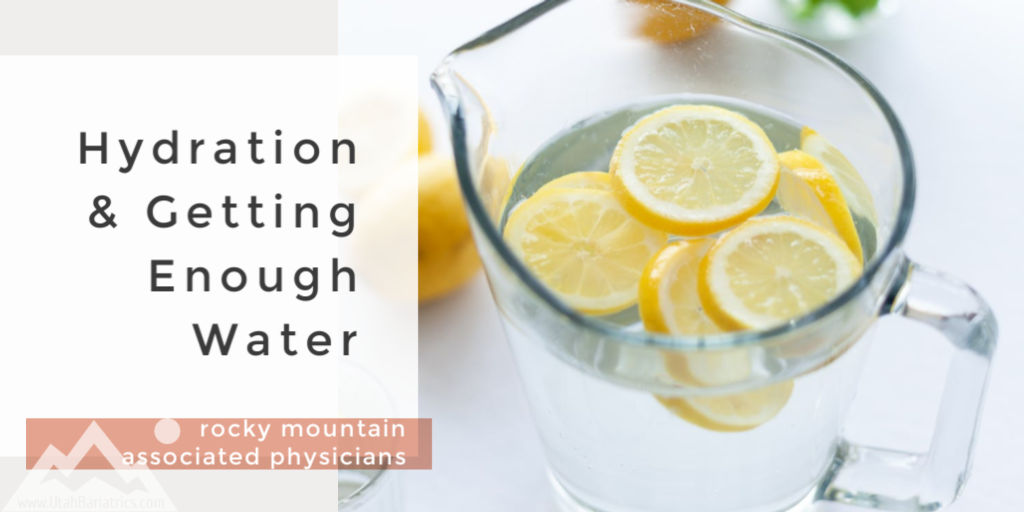
Learn more about weight loss surgery at Rocky Mountain Associated Physicians www.RMAP.com (801) 268-3800
Our surgeons here at Rocky Mountain Associated Physicians (RMAP) can’t stress enough how important drinking water and staying hydrated after weight loss surgery is. Water is the fundamental building block of life. All weight loss surgery patients must drink a minimum of 64 ounces of water each day. Because the surgery has drastically reduced your stomach size, consistent water intake is vital to avoid dehydration. If you wait until your mouth is dry to drink water, then you may be waiting too long to drink. Always remember to drink before you are thirsty.
Water is your body’s most important nutrient. It keeps your body’s cells, tissues, and organs running smoothly. It cleanses toxins from your body and promotes weight loss. Water is important for the regulation of body temp, prevention of constipation, cushioning of joints and providing your body with appropriate energy levels.
Hydration Facts
Water Loss
Under average circumstances the body loses and needs to replace approximately two to three quarts of water daily. Breathing, urinating, defecating, perspiring and sneezing all are causes of water loss. As a rule of thumb, you need half of your body weight in ounces to be hydrated. This can vary with certain health problems.
Dehydration
Dehydration is defined as the lack of adequate body fluids the body needs to carry on normal functions at an optimal level. Fluid loss (through vomiting, diarrhea or excessive urination), inadequate intake of water, or combination of both are causes of dehydration.
Mood
Dehydration can affect your mood causing one to feel tired, cranky, stressed, depressed and confused.
Productivity
Hydration is important for clear thinking. If you are dehydrated, your productivity may suffer. It’s important to remember that your body loses water all day long, and that you should replace that water continuously.
If you do any kind of physical activity, or if you’re outside in the heat or cold for a long time during the day, your body may need even more water. In the summer your body will sweat more to keep you body temperature within a normal range. In the winter, having enough water helps keep your body insulated.
Your body can even become dehydrated before you know it in hot or cold weather. If you make it a habit to drink a minimum 64+ ounces of water a day, you’ll know that you’re helping your body work at its best!
The Benefits of Proper Hydration are:
– Decreased feelings of hunger
– Proper bowel function
– Washes toxins out of your body
– Decreases your risk of kidney stones
– Improvements in memory and decreased feelings of depression
Americans are notorious for mistaking their thirst drive for hunger when what they really need is simply a drink of water. After surgery, drinking enough water, and at appropriate times, is essential to long-term weight loss.
The Hydration Lifestyle
What Should I Drink?
Water is and should be your beverage of choice. Exclude fruit juice from your food plan. They are high in calories, can cause diarrhea, contribute to weight gain, and can induce the “dumping syndrome” in some Gastric Bypass patients. For this reason, we recommend that you don’t drink them. Avoid drinking your calories whenever possible. Be aware of carbs per serving size.
Primary Beverages
- Filtered water
- Herbal teas
- Tomato/V8/Celery/Carrot juice
- Tap water
- Beef broth
- Bottled water
- Chicken broth
- Ice water
- Vegetable broth
- Ice cubes
- Water flavored with a splash of lemon, lime or orange
Secondary Beverages (to be consumed on a limited basis only & diluted at least ½)
- Crystal light
- Skim milk
- Diet Snapple (non- tea varieties)
Excluded Beverages
- Fruit juices
- Coffee
- Non-herbal teas
- Alcohol
- Carbonated beverages
- Any drinks containing caffeine or sugar
When Should I Drink?
Stop drinking thirty minutes before each meal. Eat your meal, wait thirty minutes, and then resume drinking. Your pouch has limited space, and drinking before a meal can take up that precious space that you need for your nutrition. Drinking after a meal may wash your food through the pouch/sleeve thus causing you to lose your sensation of fullness and hunger to return sooner. Drinking too soon may also cause nausea and induce vomiting.
Create a drinking plan that implements some of the following suggestions: (Take sips not gulps)
- Drink constantly throughout the day rather than several “big gulps” at once.
- If you have problems with constipation, it could be because you aren’t drinking enough water.
- Keep a one- or two-quart bottle of water in your fridge and make sure you drink and refill it daily.
- When you pass a drinking fountain, stop for a refreshing drink (sip) of water.
- Use the color of your urine as a guide for how well you are hydrated. If you urinate regularly and your urine is light yellow, you are drinking enough. If it’s dark yellow, increase your fluid intake.
- Carry a water bottle with you and drink regularly between meals.
- For a change, try squeezing lemon, orange or lime juice into your water.
- Try freezing a water jug and carrying it with you. Sip frequently.
Warning Signs of Dehydration
Mild Dehydration
- Thirst
- Dry lips
- Slightly dry mouth
Moderate Dehydration
- Very dry mouth
- Sunken eyes
- Skin doesn’t bounce back quickly when lightly pinched and released
Severe Dehydration
- All signs of moderate dehydration
- Rapid, weak pulse (more than 100 at rest)
- Cold hands and feet
- Rapid breathing
- Blue lips
- Confusion, lethargy, difficult to arouse
Self-treat mild and moderate dehydration by increasing your fluid intake. If you are experiencing any of the signs for severe dehydration, contact your physician immediately. Report any early symptoms of dehydration you are experiencing. Early reporting results in timely lifesaving interventions.
Hydration Troubleshooting
Proper hydration can alleviate many physical ailments!
- If you are experiencing fatigue, drink more water.
- If you are having bouts of severe constipation, drink more water.
- If you are feeling depressed or anxious, drink more water.
- If you are having difficulty with concentration, drink more water.
- If you have a desire to graze, drink more water.
- If you experience dizziness, drink more water.
If you have any questions or concerns about hydration and the symptoms of dehydration, please call us at (801) 268-3800.
Links to similar articles:
Carbonated Beverages, Caffeine and Alcohol after Weight Loss Surgery
Is This Normal?
The Importance of Water after Weight Loss Surgery
www.RMAP.com
Rocky Mountain Associated Physicians
801-268-3800
1160 East 3900 South, Suite 4100
SLC, UT 84124








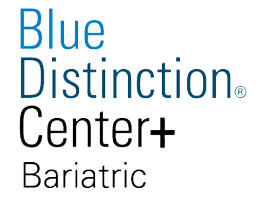

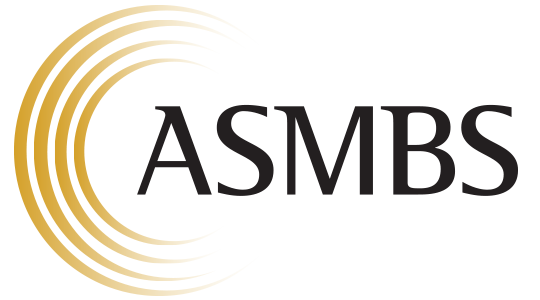
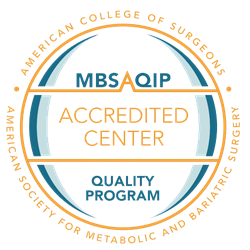
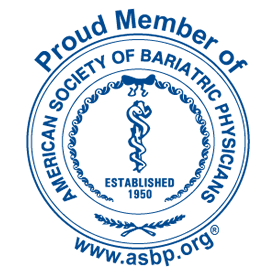
 Address: 1521 East 3900 South STE 100
Address: 1521 East 3900 South STE 100 Office: +
Office: +  Fax number (801) 268-3997
Fax number (801) 268-3997 Email: info@rmapinc.com
Email: info@rmapinc.com



